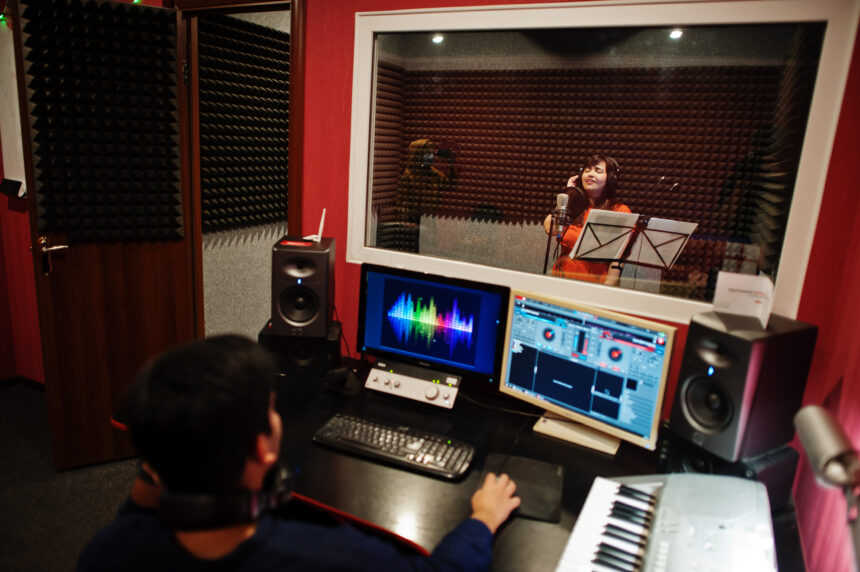In recent years, the rise of non-fungible tokens (NFTs) has captured the attention of the global art world, revolutionizing the way artists create, sell, and distribute their work. While the concept of NFTs is often associated with visual art, it also holds immense potential for the music industry, particularly in South Africa, where a vibrant and diverse music scene thrives. NFTs offer a unique opportunity for South African musicians to assert their artistic independence, monetize their creations, and forge deeper connections with their fans.
So, what exactly are NFTs? NFTs are digital assets that represent ownership or proof of authenticity of a specific piece of content, whether it be artwork, music, videos, or even virtual real estate. Built on blockchain technology, NFTs provide a secure and transparent way to buy, sell, and trade digital assets, as each token is recorded on a decentralized ledger.
South African music is renowned for its rich cultural heritage, blending traditional African rhythms with modern genres such as hip-hop, house, and gqom. However, many South African artists face significant challenges in the music industry, including limited access to distribution channels, copyright issues, and a lack of fair compensation for their work. NFTs have the potential to address some of these challenges by empowering artists to take control of their creations and directly engage with their audience.
One of the primary benefits of NFTs for South African musicians is the ability to retain ownership and control over their intellectual property. By tokenizing their music, artists can ensure that they receive proper credit and royalties for their work, even when it is shared and consumed across various digital platforms. This ownership extends beyond the initial sale, as artists can embed smart contracts within their NFTs, entitling them to a percentage of future resales. This feature has the potential to create a more sustainable income stream for artists, especially those who have struggled to earn a fair income from their music.
Moreover, NFTs offer a unique way for musicians to engage with their fans and foster a deeper sense of connection. Artists can create limited-edition NFTs that provide exclusive perks to their holders, such as backstage passes, meet-and-greet opportunities, or even private concerts. These experiences go beyond the traditional album purchase or concert ticket, allowing fans to have a tangible piece of the artist’s digital legacy. This level of interaction and intimacy can strengthen the bond between musicians and their fan base, creating a community-driven ecosystem that supports and uplifts South African music.
In addition to empowering individual artists, NFTs can also have a transformative impact on the South African music industry as a whole. Blockchain technology can provide a transparent and decentralized platform for music distribution, ensuring that artists receive fair compensation for their work and reducing the prevalence of piracy. Furthermore, NFT marketplaces can serve as a platform for discovering and promoting emerging talent, allowing artists to bypass traditional gatekeepers and reach a global audience. This democratization of the music industry has the potential to unleash a wave of creativity and innovation, showcasing the diversity and talent within the South African music scene.
While the potential of NFTs for South African music is immense, there are still challenges and considerations that need to be addressed. The environmental impact of blockchain technology and the high energy consumption associated with NFT transactions have been subjects of concern. However, efforts are underway to develop more sustainable and eco-friendly blockchain solutions that can mitigate these concerns.
Additionally, education and awareness play a crucial role in ensuring that artists and fans understand the intricacies of NFTs and can navigate this emerging landscape. Initiatives that provide resources, training, and support for South African musicians can help them make informed decisions and maximize the benefits of NFTs.
In conclusion, NFTs present an exciting opportunity for South African musicians to unlock their potential, assert their artistic independence, and establish new avenues for monetization. By embracing blockchain technology and leveraging NFTs, artists can retain ownership of their work, engage with their fans on a deeper level, and pave the way for a more inclusive and sustainable music industry. As the South African music scene continues to evolve, NFTs hold the key to unlocking its true power and amplifying the voices of its talented artists.










